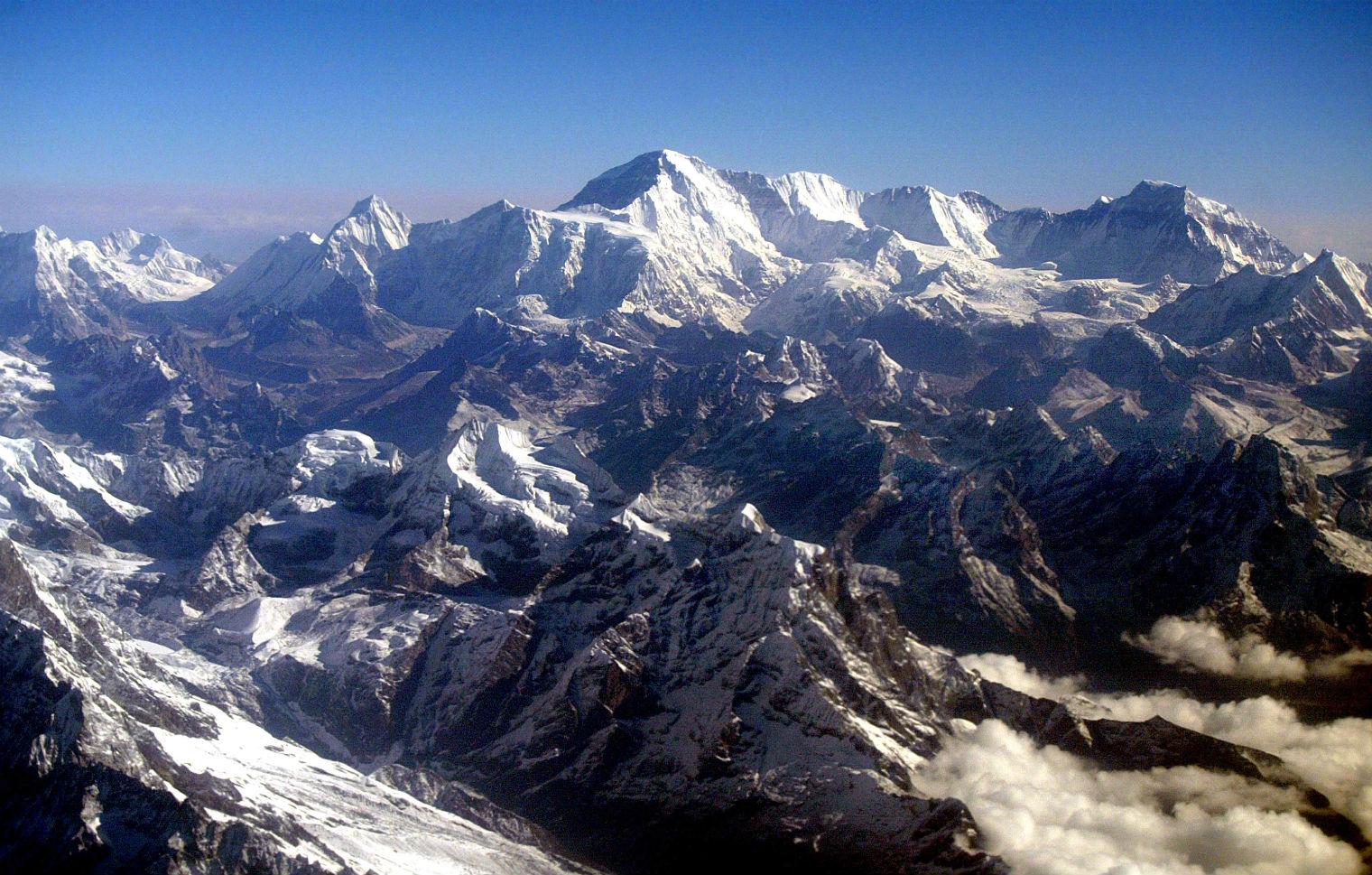Mount Everest: Nepalese sherpas find four climbers' dead bodies in their tents at 8,000 metres
Unidentified mountaineers thought to have been suffocated by carbon monoxide poisoning after using stoves without proper ventilation

Nepali sherpas have found four climbers dead in their tents on Mount Everest, officials have said, with suspicion they died of carbon monoxide poisoning, taking the death toll on the world's highest mountain to 10 in the past month.
The four climbers were found in two tents at Camp Four, at 8,000 metres (26,246 feet), overnight, Mingma Sherpa of the Seven Summit Treks group, to which the sherpas belonged, said in Kathmandu.
It was not clear how they died and their identities had not been established, Mingma said.
The Himalayan Times reported that two of the dead were foreigners and rescuers believed they had suffocated.
“It is most likely they died from carbon monoxide poisoning by using their stoves in the tent without proper ventilation,” US climber Alan Arnette, who blogs on Everest, said in a post.
The sherpas who discovered the bodies were on their way to retrieve the body of Vladimir Strba of Slovakia who died near the 8,850 metre (29,035 feet) summit on the weekend.
Strba's body has been brought down to Camp Two at 6,400 metres (21,000 feet) and was expected to be brought down to base camp later on Wednesday, Mingma said.
More than 5,000 climbers have scaled Mount Everest since it was first climbed by New Zealander Sir Edmund Hillary and Sherpa Tenzing Norgay in 1953, and nearly 300 have died trying.
Many of the victims remain on the mountain, entombed in snow, as it its too difficult to bring their bodies down.
Exhaustion, exposure, frostbite, falls and altitude sickness are major causes of death on Everest.
But the biggest killer in recent years has been avalanches.
Eighteen people were killed in 2015 when a 7.8 magnitude earthquake triggered avalanches that smashed into the base camp.
A year earlier, 16 sherpas hauling gear to higher camps for climbers were killed when they were hit by avalanche while they were crossing the treacherous Khumbu Icefall, just above base camp.
Climbers can ascend Everest from the Nepal side and the Chinese side. One of the 10 deaths this has been on the Chinese side.
Nepal has issued permits to 371 foreign climbers this season, up from last year's 281, each of which cost $11,000.
In addition, hundreds of sherpas are climbing the mountain, or helping others to.
Permit fees are a major source of income for cash-strapped Nepal which earned more than $4 million this year from Everest permits, officials said.
The climbing season closes at the end of May when the rainy season traditionally begins, bringing cloud and snow at high altitudes.
Copyright Reuters
Join our commenting forum
Join thought-provoking conversations, follow other Independent readers and see their replies
Comments
Bookmark popover
Removed from bookmarks